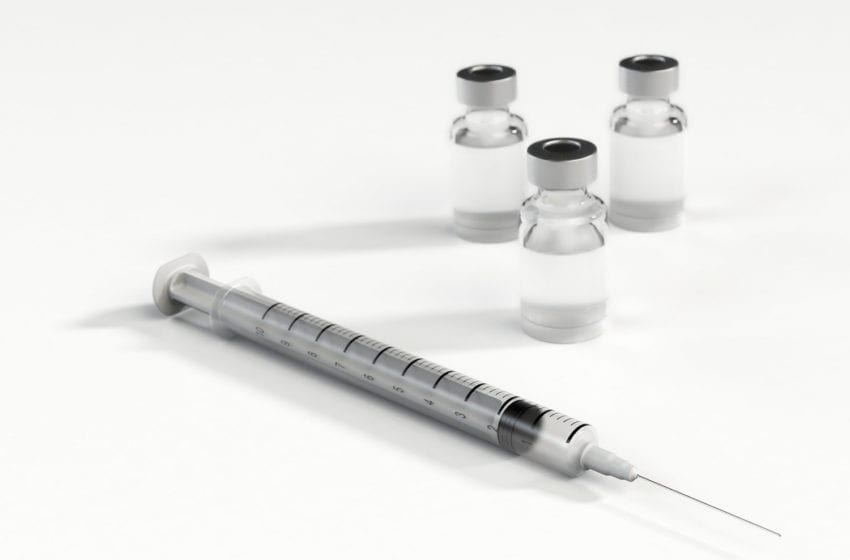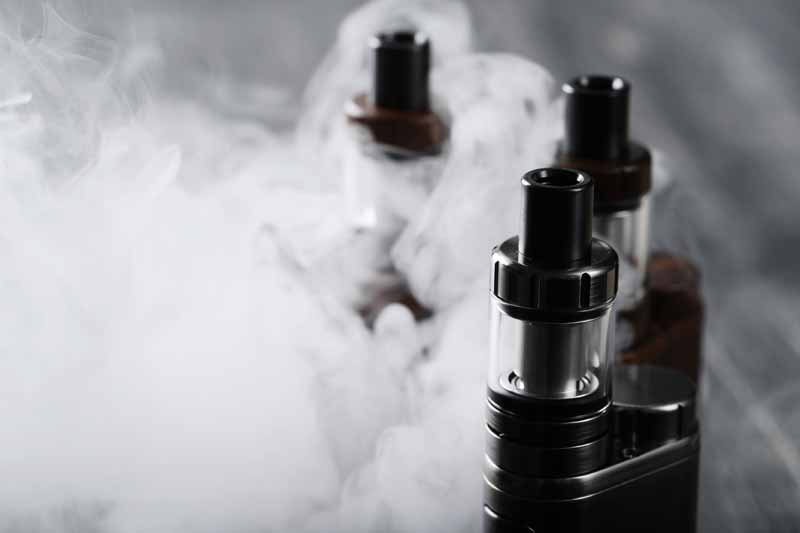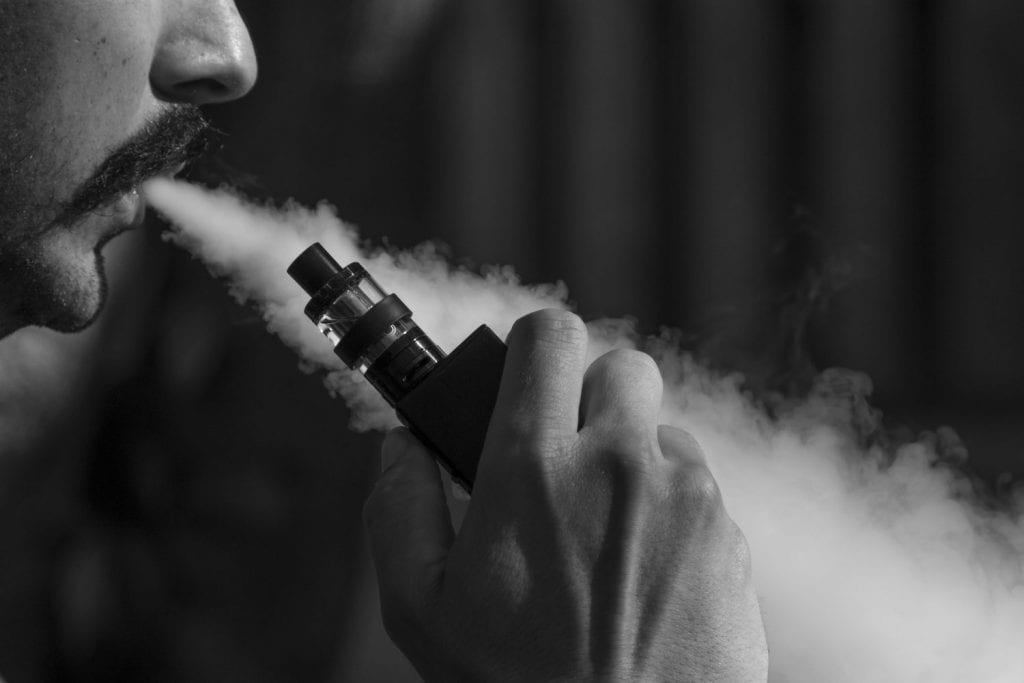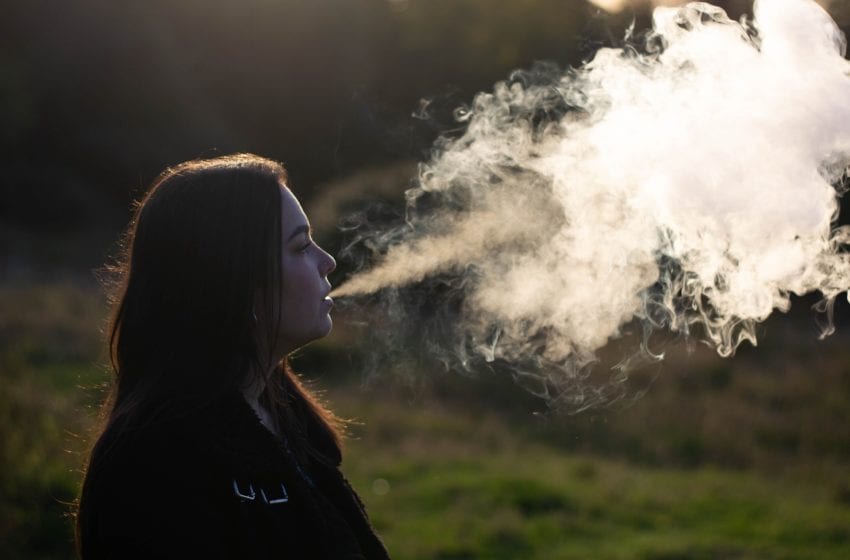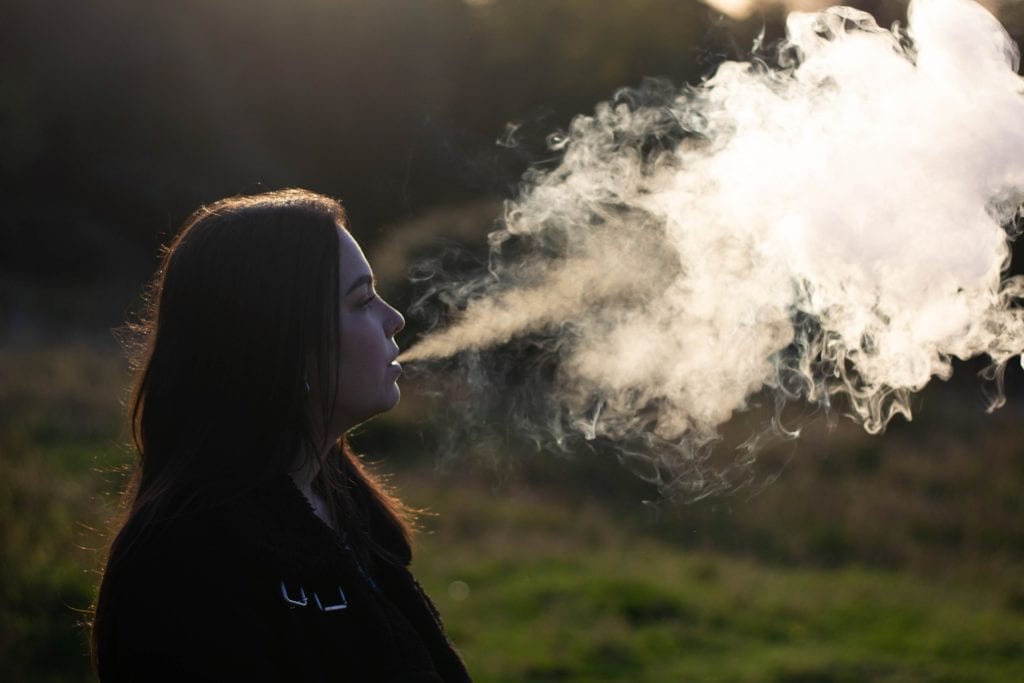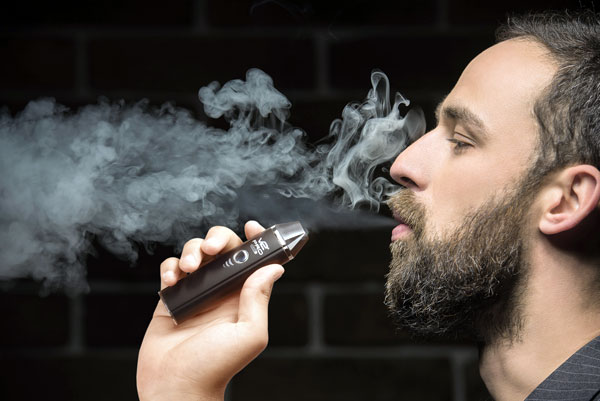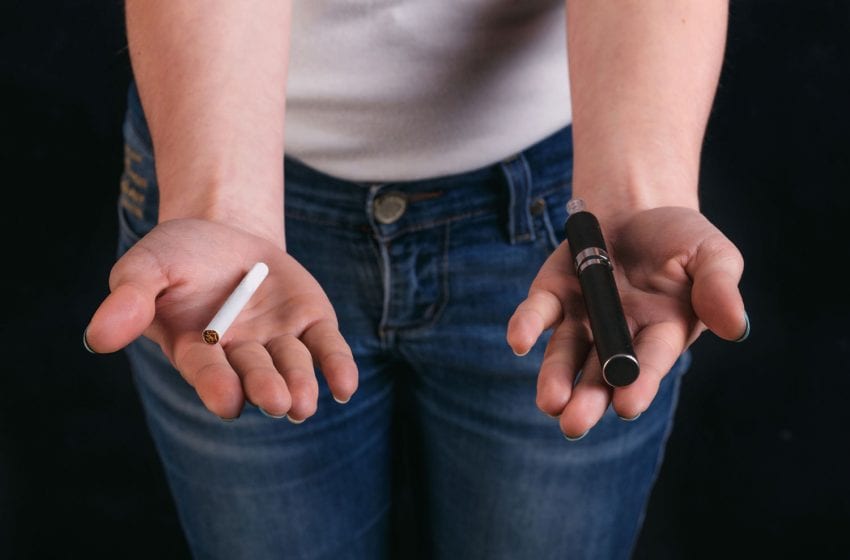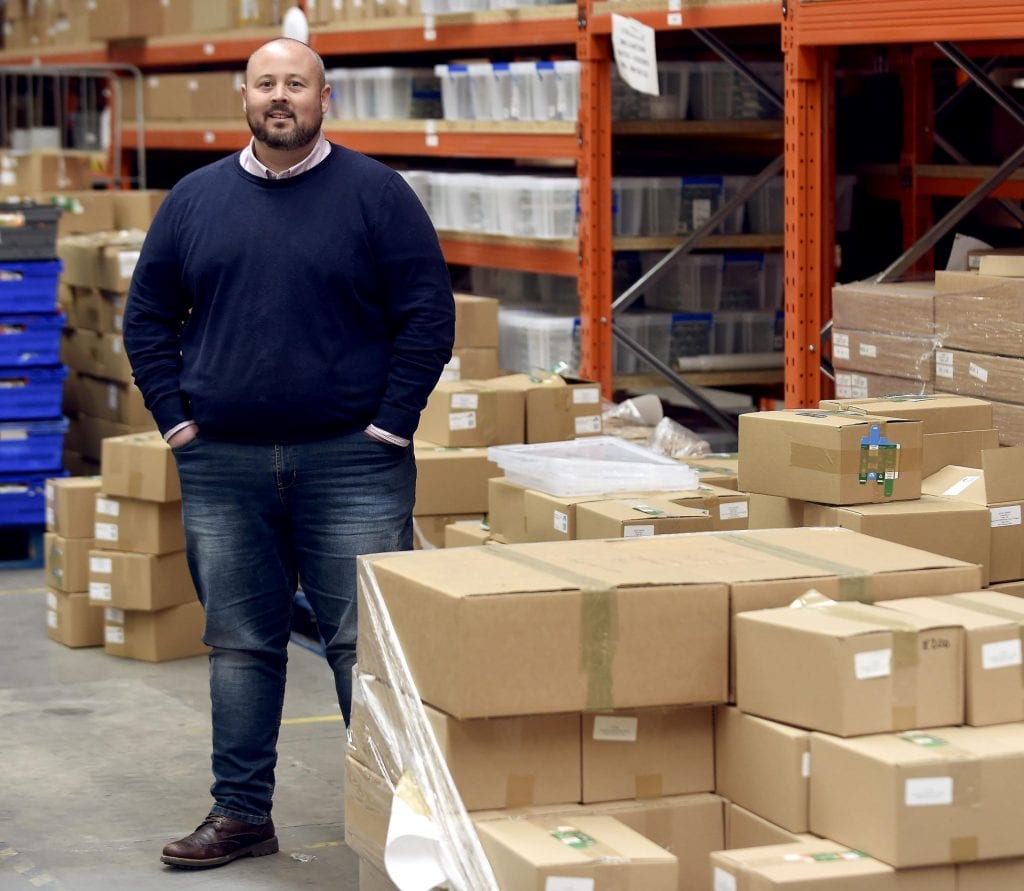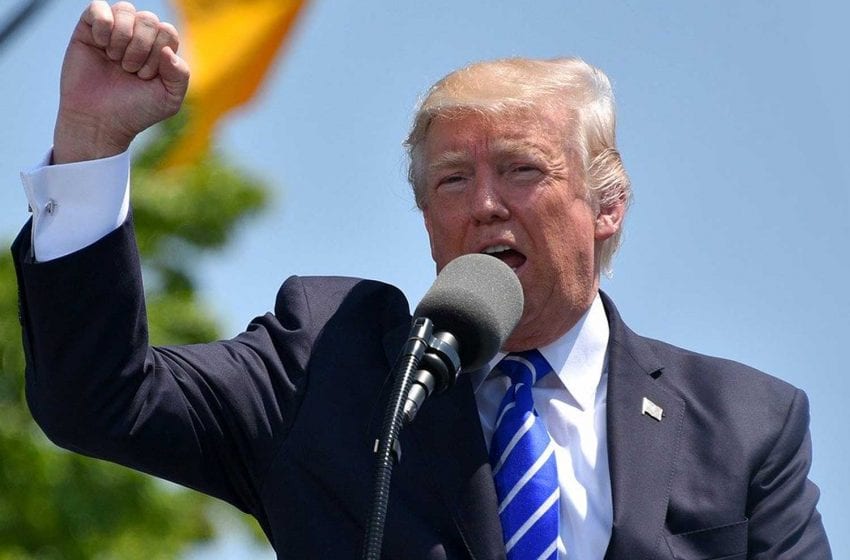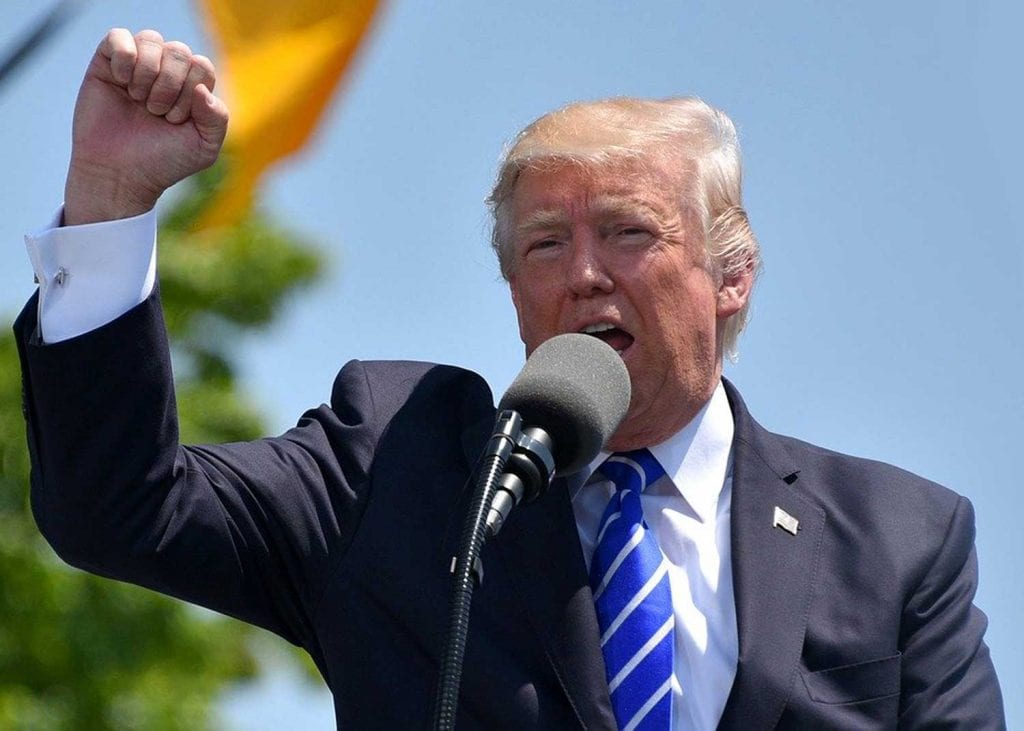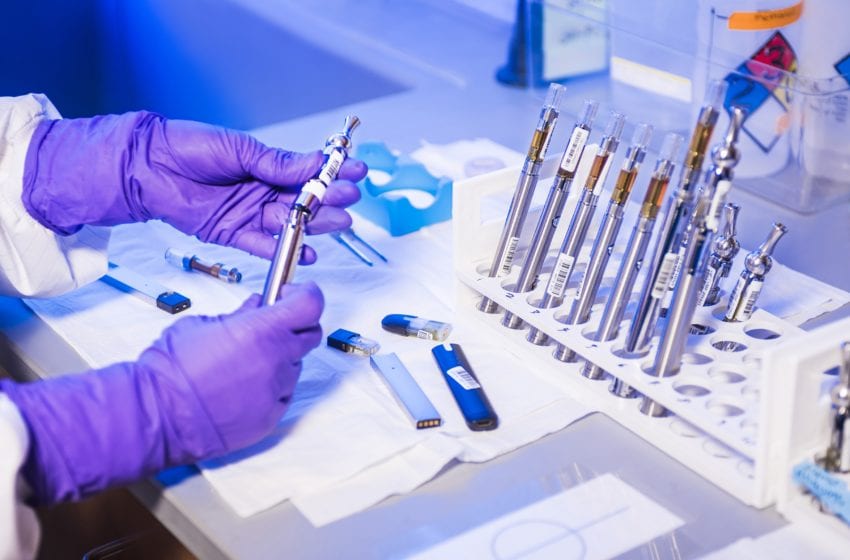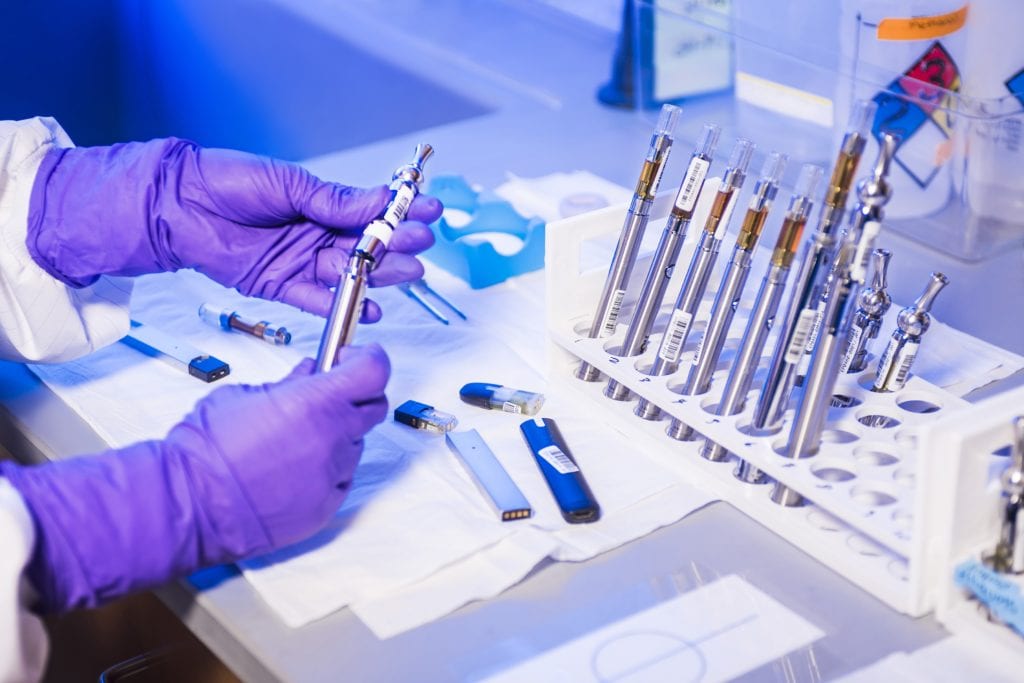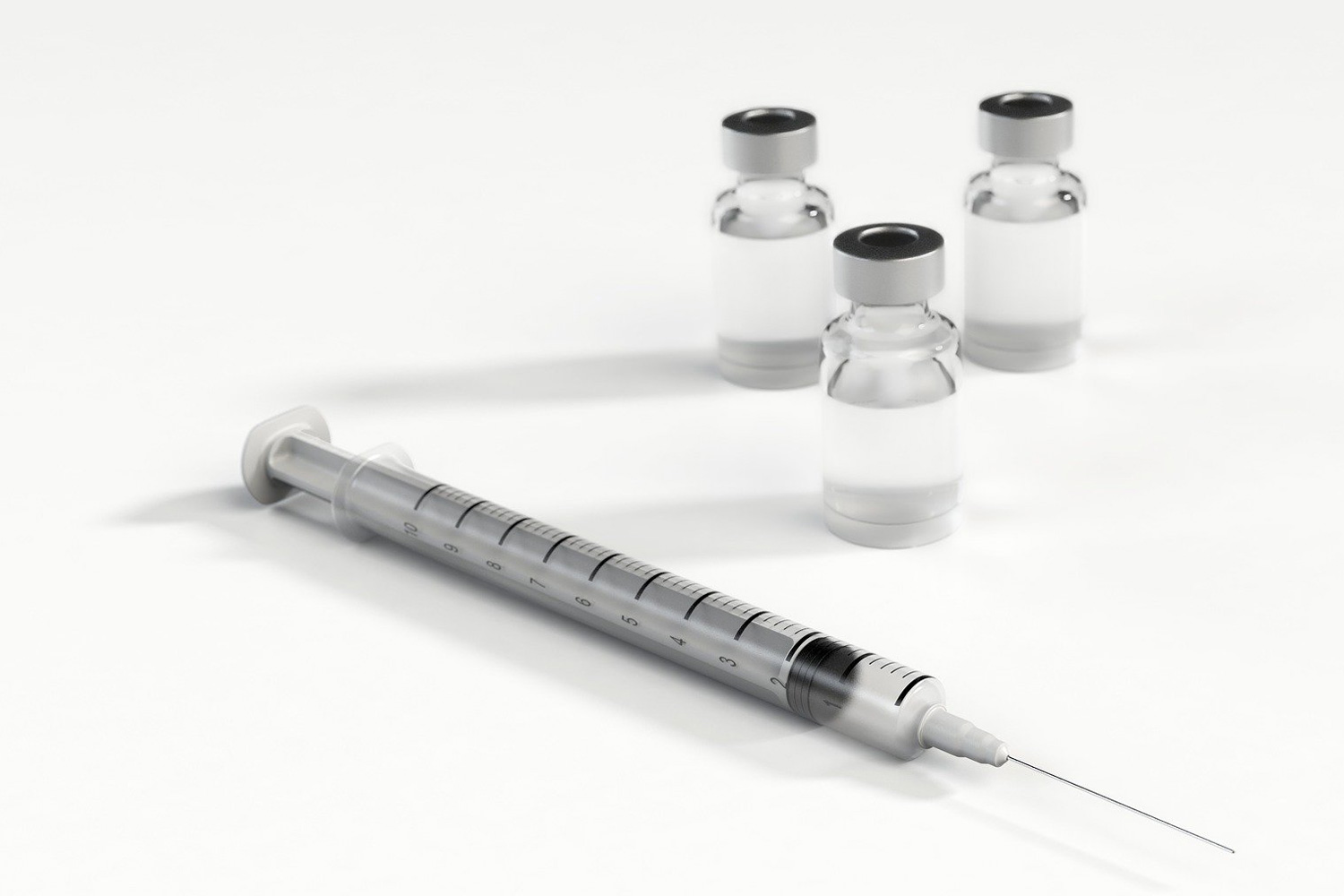
Medicago, a biopharmaceutical company headquartered in Quebec City, Canada, has reached an agreement with Public Services and Procurement Canada to supply up to 76 million doses of its vaccine candidate for Covid-19, subject to Health Canada approval.
Innovation, Science & Economic Development, another department of the Canadian federal government, will contribute CAD173 million ($131 million) to Medicago to support its ongoing vaccine development and clinical trials, and for the construction of its Quebec City manufacturing facility.
Since 2008, Philip Morris Investments B.V. (PMIBV), a subsidiary of Philip Morris International (PMI), has been a shareholder of Medicago (in which it currently holds an approximately one-third equity stake) and has supported Medicago’s innovative plant-derived research and development focused on vaccines.
The investment is consistent with PMI’s own efforts to leverage science and innovation. Japan-based Mitsubishi Tanabe Pharma Corporation (MTPC) is the majority shareholder and PMIBV’s partner in Medicago. Among other things, PMIBV and MTPC will contribute additional funding to support Medicago’s efforts to develop a Covid-19 vaccine candidate.
“We welcome the collaboration announced between two departments of the Canadian government and Medicago to accelerate its efforts against Covid-19,” said PMI CEO André Calantzopoulos in a statement.
“Better outcomes can be achieved when governments and companies join efforts to promote shared objectives for the greater good. We are pleased to be able to support Medicago’s work to develop, substantiate, manufacture, and make available a Covid-19 vaccine candidate. We all hope they will be successful.”
Medicago began Phase 1 testing on volunteers on July 14 and is anticipating that Phase 2 trials will begin in early November 2020. If Phase 2 trials are successful, Phase 3 trials are expected to begin in December 2020.

